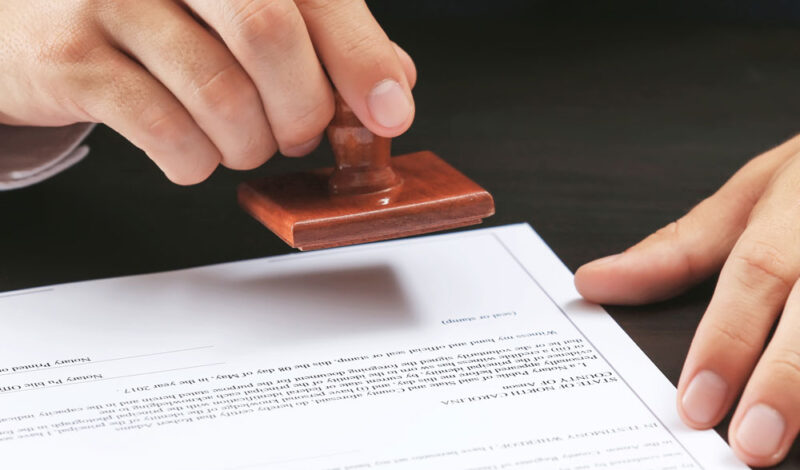
In the UAE, notarization is crucial for validating many official documents, from property deeds to legal affidavits. Whether you’re an expatriate or a UAE national, you may need a notarized document for a wide range of purposes, including business, real estate, or personal affairs. If you’re preparing to visit a notary, here’s what you need to know to ensure a smooth process.
Why Is Notarization Important in the UAE?
Notarization provides an official verification of the identities of those signing important documents and confirms that the signing parties are acting of their own free will. The notary public’s seal and signature add legal weight, ensuring that institutions in the UAE—and abroad—recognize the document’s validity.
The UAE government requires notarization for many legal documents, particularly those involving property, contracts, and authorizations for financial or healthcare decisions. Proper notarization helps prevent fraud and ensures that your document complies with UAE law, whether you’re conducting business, applying for a loan, or establishing legal representation.
Commonly Notarized Documents in the UAE
In the UAE, a variety of documents often require notarization, including:
- Real Estate Transactions: Deeds, mortgage agreements, and lease contracts, especially for high-value properties.
- Powers of Attorney (POA): Grants authority to another person to manage property, finances, or healthcare decisions. This is especially important for expatriates who may need representation when they’re abroad.
- Commercial Contracts and Agreements: Notarized contracts reduce the risk of disputes in business transactions and confirm that all parties agree to the terms.
- Legal Affidavits and Statements: Notarized affidavits may be required in court proceedings, visa applications, or other official procedures.
- Certified Copies of Original Documents: Passports, educational diplomas, and other important documents often need certification by a notary for official use.
How to Prepare for Your Notary Appointment in the UAE
By taking these steps before your appointment, you can make the notarization process more efficient:
- Bring Valid IdentificationIn the UAE, notaries require official identification, typically a valid Emirates ID for residents or a passport for non-residents. Make sure the name on your ID matches the name on the document to avoid any delays.
- Ensure All Signers Are PresentIf multiple people need to sign the document, all signers must be present and have their own identification. Notaries are required to witness each signer’s identity and willingness to sign.
- Do Not Sign the Document in AdvanceWait until you are in the presence of the notary before signing the document. UAE notaries need to witness the signing to verify that it’s done willingly and with a full understanding of the document’s contents.
- Bring the Complete DocumentBring the original, complete document, with all pages present. The notary will need to review the entire document to ensure its validity and completeness. Missing pages or information can invalidate the notarization.
- Understand the Type of Notarization RequiredDifferent documents require different types of notarization in the UAE. Make sure you know what is needed for your specific document:
- Acknowledgment: Confirms that you are signing voluntarily.
- Jurat: Requires you to swear or affirm that the information in the document is accurate.
- Certified Copy: Verifies that a copy is a true reproduction of the original document.
- Verify Any Additional RequirementsSome documents, like wills or property transactions, may need additional witnesses or special certification in the UAE. Confirm these requirements in advance and arrange for witnesses if needed, as they may also need identification.


